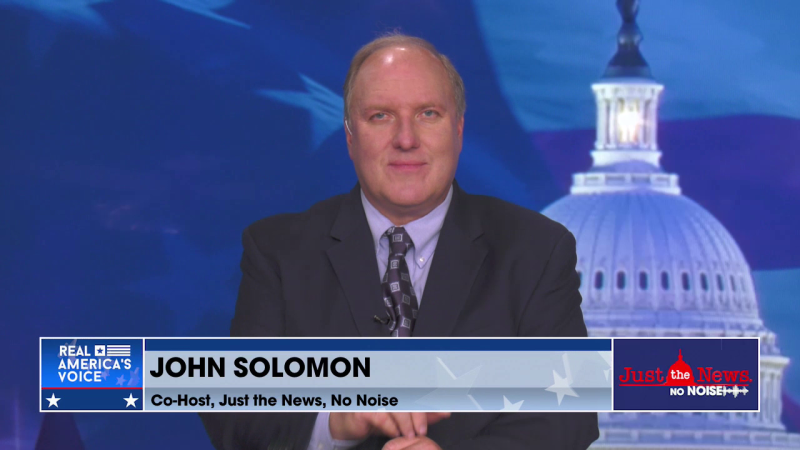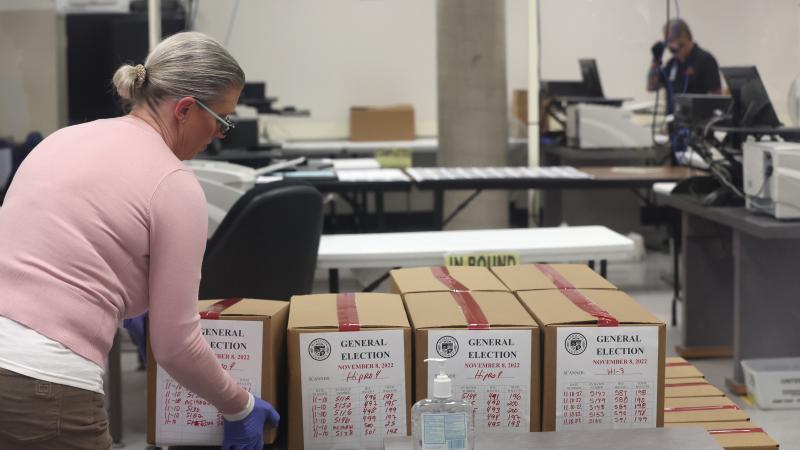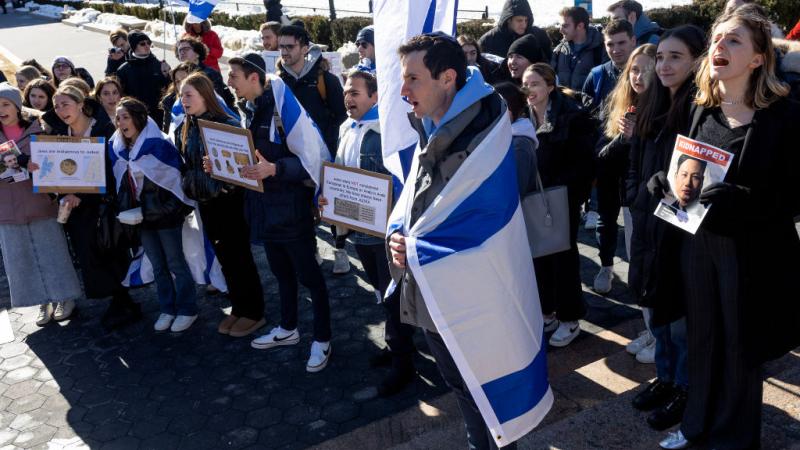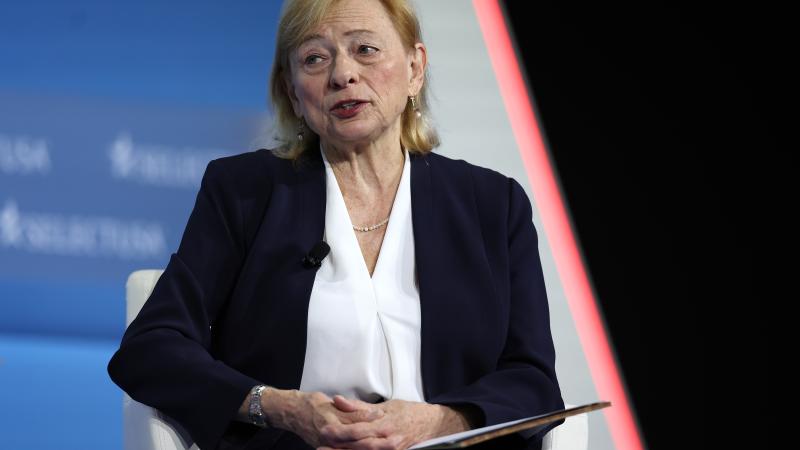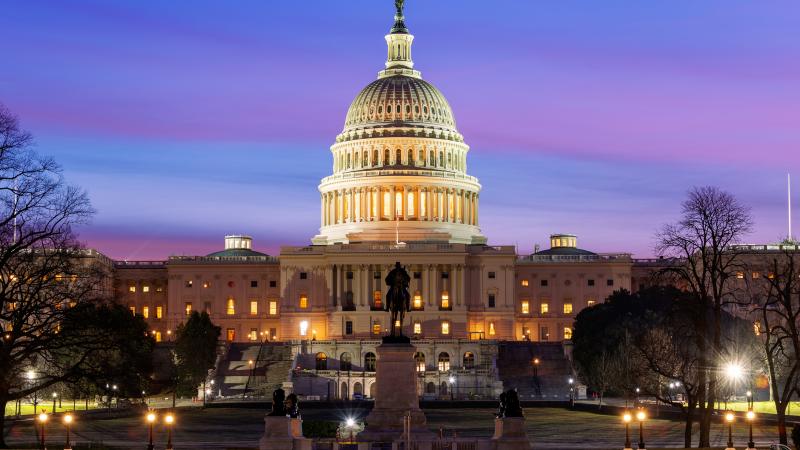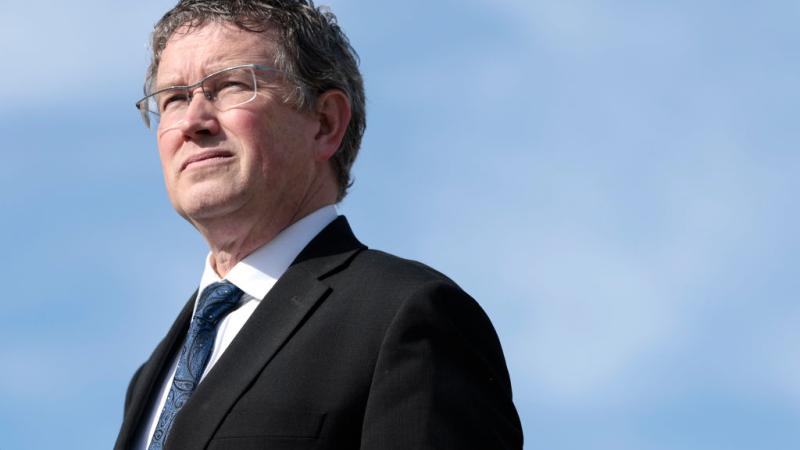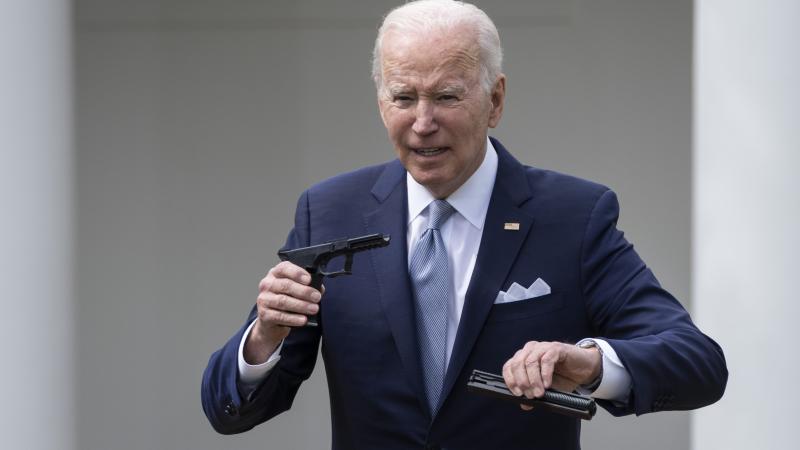WHO probe into COVID origins taps scientist who funneled NIH grants to suspect Wuhan lab
Funds came from federal government, through science nonprofit, to Wuhan virology lab suspected of involvement in the initial outbreak of COVID-19.
A scientist helping lead the World Health Organization's investigation into the origins of the COVID-19 virus himself helped channel federal funding grants to the Wuhan Institute of Virology in 2019, the year prior to the beginning of the coronavirus pandemic.
Peter Daszak, a British infectious disease expert, is among the ten scientists leading the WHO's global study on the origins of SARS-Cov-2. Daszak is also the president of New York-based EcoHealth Alliance, an organization which bills itself as "a global environmental health nonprofit organization dedicated to protecting wildlife and public health from the emergence of disease."
In that capacity at EcoHealth, he previously led scientific inquiries into the pathogenicity of bat-based coronaviruses. EcoHealth under Daszak was awarded a total of $3.4 million in National Institutes of Health grants over six years to study, in part, "the origin, diversity, capacity to cause illness, and risk of spillover" of those viruses.
Among the sub-awardees of EcoHealth's federal grants included the Wuhan Institute of Virology, the lab in Wuhan, China, that has been at the center of fiercely swirling controversy over the last year due to concerns that the lab may have been involved in the initial outbreak of COVID-19 that led to the global pandemic.
Some commentators have speculated that just prior to the pandemic the Wuhan virology lab was participating in the controversial practice known as "gain-of-function," in which viruses are intentionally manipulated in order to increase their infectiousness.
EcoHealth in 2019 was conducing experiments using, in part, "infectious clone technology, in vitro and in vivo infection experiments and analysis of receptor binding" in order to "test the hypothesis that % divergence thresholds in S protein sequences predict spillover potential."
An NIH spokeswoman last year denied that EcoHealth's projects constituted gain-of-function research. The World Health Organization, meanwhile, this week would not answer questions about whether or not it had looked into Daszak's research from 2019 and/or what role he would be playing on the WHO's COVID origin team.
"Peter Daszak is a disease ecologist who's spent 20 years analyzing the origins, causes and trends in emerging diseases like SARS, Nipah, MERS, avian flu and COVID-19," the WHO said via its media relations department.
"All experts participating in WHO expert groups are signing declaration of interest," the organization added. Daszak did not respond to queries about his work on the team.
Yearlong speculations about the Wuhan Institute of Virology's potential role in the pandemic were given fresh fuel this month when a State Department report alleged that workers inside the lab may have become sick with COVID-19 symptoms weeks before the pandemic is officially said to have begun.
Chinese officials have denied that the lab is connected to the origins of the pandemic, claiming instead that it likely originated from specimens found in the Huanan Seafood Wholesale Market, located just a few miles from the virology lab.


